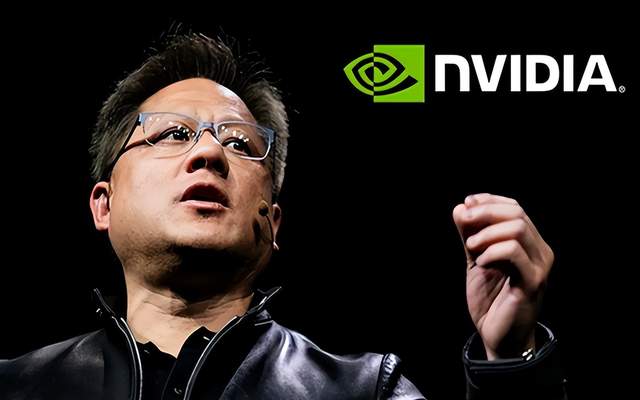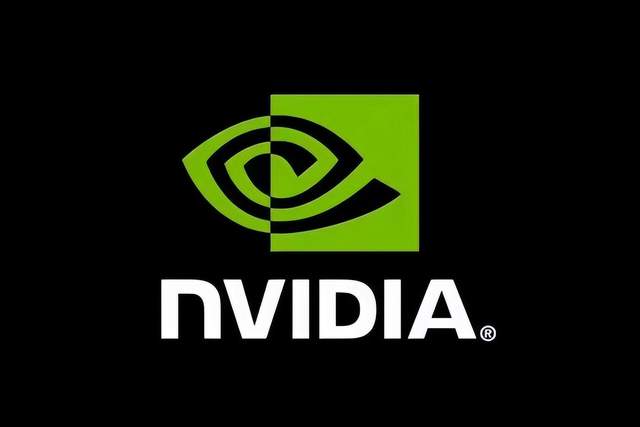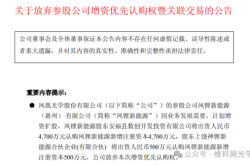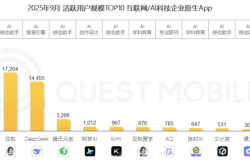Huang Renxun thanked the American Dream, but NVIDIA may face an investigation, after all, he is not one of us
![]() 06/12 2024
06/12 2024
![]() 741
741
Not long ago, NVIDIA's founder Huang Renxun still said that he was grateful for the American Dream for founding NVIDIA, a leading AI chip company. However, the United States has already announced plans to conduct an antitrust investigation into NVIDIA, possibly to help US-based chip companies Intel and AMD, after all, Huang Renxun is Chinese.

Some people in the United States believe that NVIDIA now almost monopolizes the AI chip market, accounting for nearly 90% of the market share. Such a high market share has affected innovation in the US technology industry, so it is possible that NVIDIA may face an antitrust investigation. In reality, it may be an opportunity for Intel and AMD to enter this market.
Both Intel and AMD have developed AI chips with comparable performance to NVIDIA. In particular, AMD and NVIDIA are both GPU chip companies, and the performance of their GPU chips is not much different. Both have given GPU chip research and development the best hope to seize the AI chip market. However, due to NVIDIA's CUDA platform established over the years, Intel and AMD have difficulty entering this market.
As NVIDIA almost monopolizes the AI chip market, NVIDIA's AI chips are extremely expensive, with high-end AI chips priced at around 260,000 yuan. In other words, NVIDIA sells one AI chip, which is equivalent to Tesla selling a car. However, Tesla's cars are equipped with nearly a thousand chips. This shows how expensive NVIDIA's AI chips are and also illustrates the丰厚 profits of this market. Naturally, many chip companies hope to share the pie.

Microsoft, Google, Facebook, and many other US technology and internet companies are also dissatisfied with NVIDIA because NVIDIA's exceptionally expensive AI chips have caused these US technology and internet companies to pay a huge price. Of course, they are unwilling to bear it and hope that Intel and AMD can break NVIDIA's monopoly.
To break NVIDIA's monopoly, Intel, AMD have formed an alliance with companies such as Microsoft, Google, and Facebook. They intend to create a new AI chip ecosystem and break NVIDIA's monopoly. However, NVIDIA's CUDA ecosystem has existed for more than a decade. It is not easy to break the ecological monopoly in a short time. Conducting an antitrust investigation into NVIDIA is the fastest way to force the CUDA platform to open up or be compatible with Intel and AMD's AI chips.
In fact, there have been precedents for this. When Intel monopolized the PC market, it faced considerable pressure. Eventually, Intel licensed its X86 architecture to companies such as AMD and Cyrix to avoid antitrust investigations.

Coupled with the fact that US technology and internet companies have always had strong lobbying power in the United States, it is difficult to say that there are no promoters behind these technology and internet companies behind the rumor that NVIDIA may face an antitrust investigation.
Industry insiders also believe that the United States intends to conduct an antitrust investigation into NVIDIA, which is also related to NVIDIA founder Huang Renxun's Chinese background. In fact, there have been precedents for this. When Broadcom was at its peak, it tried to acquire Qualcomm, but the acquisition failed. One of the reasons was that Broadcom's founder was also Chinese.
When combined with the US technology and internet industry's attitude towards Chinese people in recent years, it can better reflect the US's special attitude towards Chinese people. This is somewhat different from the perception of Chinese entrepreneurs like Huang Renxun that the United States will always be their beautiful country. Once Intel and AMD break NVIDIA's ecological monopoly, NVIDIA's monopoly of the AI chip market will end, and the price of AI chips is bound to drop significantly.

In addition to the US market, Chinese chips are also actively breaking NVIDIA's monopoly, which has led to a significant decline in NVIDIA's revenue in the Chinese market. From contributing a quarter of NVIDIA's revenue to only contributing 14% of NVIDIA's revenue in the first quarter of this year, if revenue in the US market also declines, NVIDIA's good days will come to an end.







